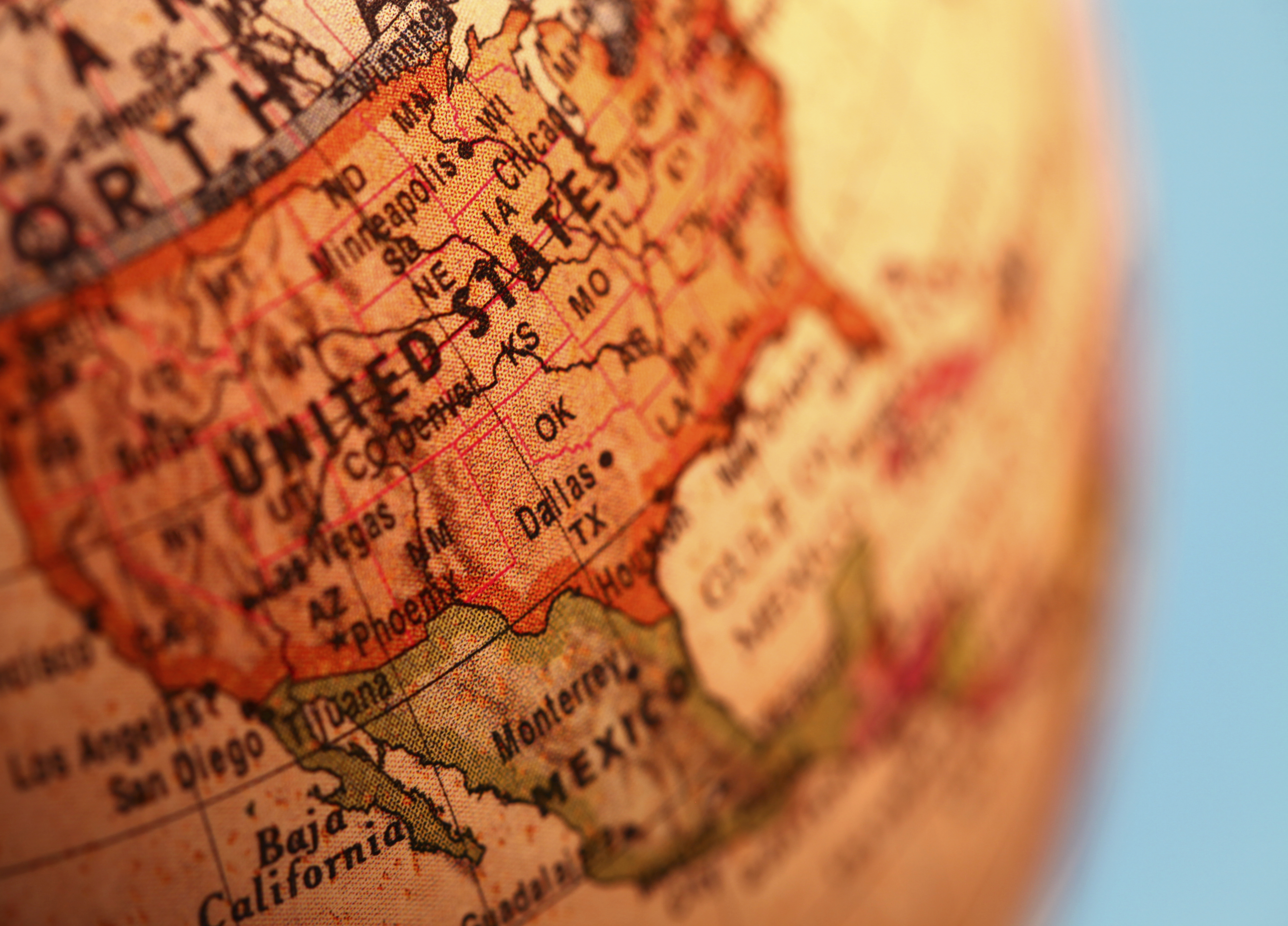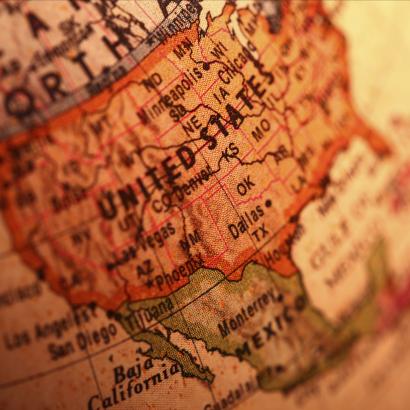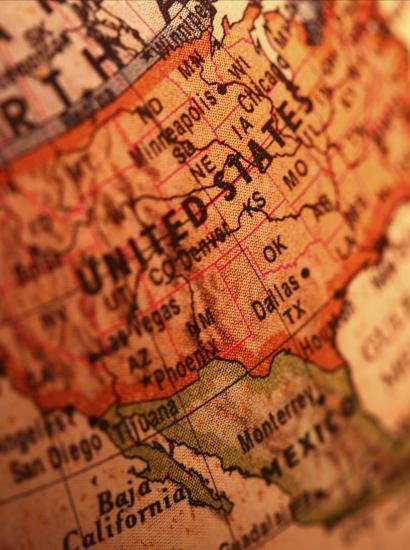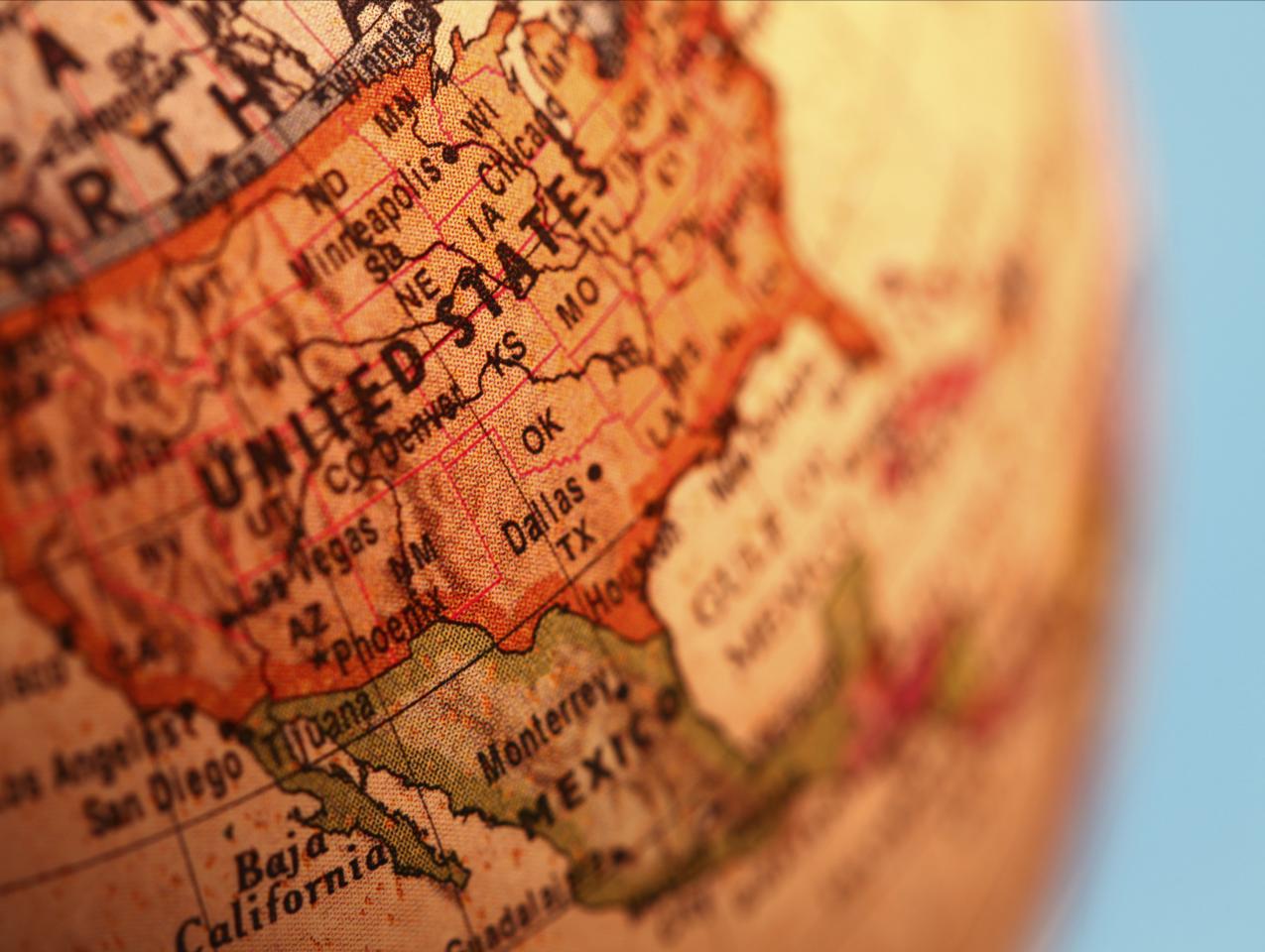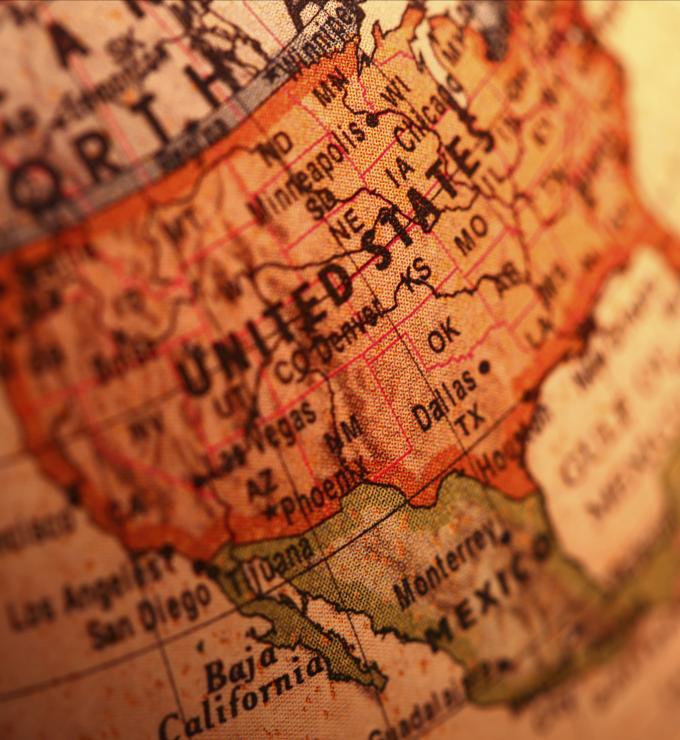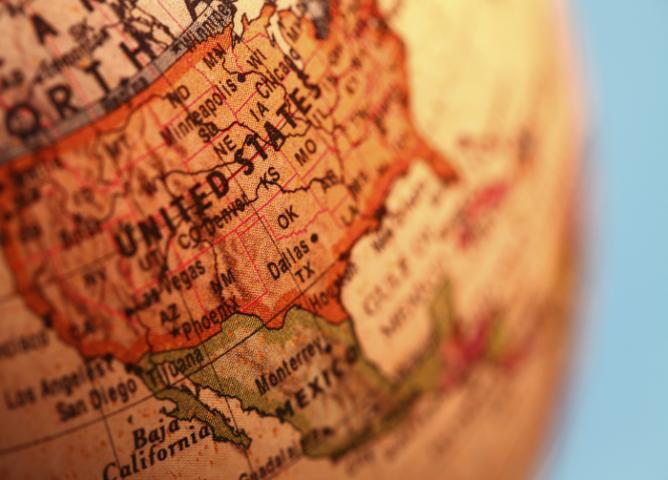- History
- Politics, Institutions, and Public Opinion
All of the Obama administration’s strategic initiatives will have lives that endure beyond the next president’s term, and three of them are quite likely to have even more profound effects.
The fundamental tenet of the “Obama Doctrine” has been to deconstruct and delegitimize the global order built on Anglo-American political principles, and to reverse the previous course of U.S. strategy. The “world that America made” rested on five pillars—preserving a favorable balance of power in Europe, East Asia, and the Middle East, sustaining sufficient military power to lead coalitions in each of these theaters, and, through promoting Americans’ sense of “exceptionalism” and moral ambition, preserving the domestic political will to exercise geopolitical leadership.
President Obama has achieved measures of success in each of these areas. The least change has come in those areas—Europe and East Asia—where the efforts of previous presidents were longest-standing, most institutionalized, most deeply rooted and, consequently, the balance of power most durable. Americans have been directly involved in Europe for a century, been the dominant military power since 1945, and the dispositive power since the end of the Cold War. Disturbing as they have been, Russia’s land-grabs in Georgia and Ukraine are not by themselves serious challenges to the American-made peace of Europe, and Russia will not soon be a true great power. The United States retains the means to rebuild a new containment policy and military deterrent. Likewise in East Asia, Chinese expansionism has moved at a relatively cautious pace—though its direction has been clear to the nations of the region, and the appetite there for an American-led containment coalition and more robust deterrent posture is palpable. The military risk would be somewhat greater—the People’s Liberation Army is a more dangerous force than Putin’s “little green men”—but the U.S. military still has the capacity and could quickly acquire selected new capabilities to restore a favorable balance.
In the Middle East, the challenge is immeasurably greater; historians well may come to regard 2009 as the high-water mark of American power in the region. Determined to “end” all direct U.S. military involvement in Iraq and Afghanistan, the Obama years have been witness to the near-total collapse of the previous order. Thanks to the recently-concluded deal with Iran and his strategic abandonment of America’s traditional Sunni and Israeli allies, President Obama has raised Tehran from the gutter and given its hegemonic hopes a tremendous boost. Finally, the utter confusion of the Sunni world leaves the Islamic State with the leading claim to be the champion of most of the world’s Muslims. This is a profound and disastrous shift; even a succession of presidents committed to a “rollback” strategy to reestablish a favorable regional balance of power would face an uncertain and uphill path.
And with the collusion of the congressional leadership of the Republican Party, President Obama has wreaked havoc on the U.S. military and encouraged Americans to turn inward in an especially narcissistic way. The Department of Defense has not bought a substantial fleet of any single weapons system since the Reagan years; the few things that have been procured—such as the F-22 fighter—are too few in number to maintain the kind of operational advantages of the past. But, even more importantly, the force is way too small; even at the peak of the Iraq surge, the United States could not supply or sustain adequate numbers of ground troops to conduct simultaneous campaigns in Iraq and Afghanistan. The continued “post-conflict” drawdown, enshrined in the 2011 Budget Control Act—an eerie echo of the British “10-year rule” of 1919—ensures this weakness will continue for the foreseeable future.
Finally, the commander-in-chief has helped accelerate the demilitarization—even the “de-masculinization”—of American political culture; “Pajama Boy” is the yeoman of the 21st century. To be sure, the “martial virtues” have been called into greater question through several generations; this was not a trend invented by Obama. Thus, when the White House speaks of a desire to escape the “rut of history,” to transcend the normal nasty business of statecraft and power, even conservatives lend an ear. Yet the Obama administration is the first to give expression to this postmodern yearning, to give substance to a dream. Elsewhere, military power may still be the ultimate resort of kings, and it may take some time and some very unpleasant lessons for American elites to relearn this truth.







